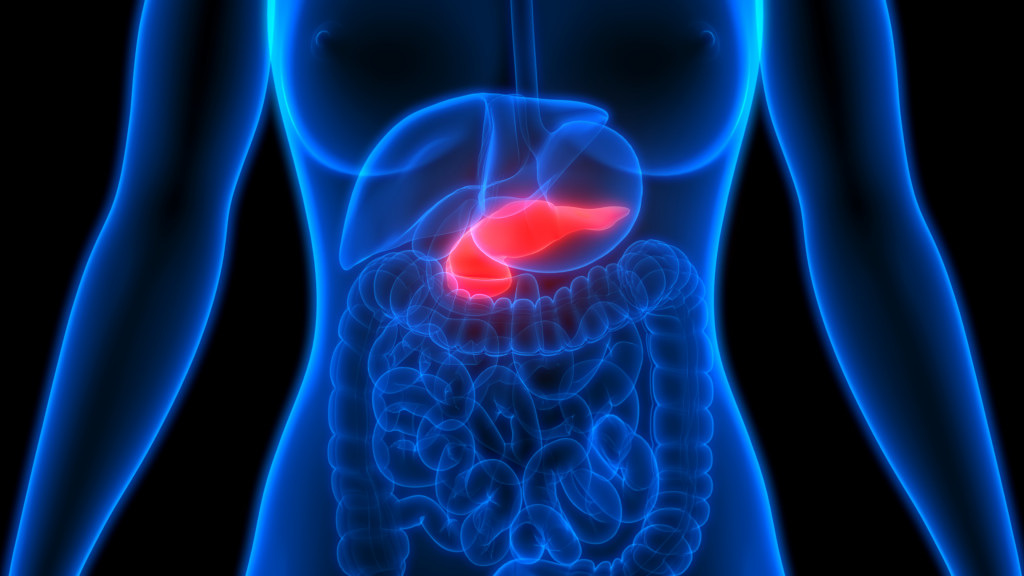Millions of people suffer from digestion problems each year, and the cause is unknown to many. Identifying the causes can help to prevent and treat these problems. If you are experiencing common digestion problems, it is essential to speak with your doctor to determine the cause
In this article, we will explore some of the most common causes of digestion problems and offer solutions to help you get your gut back on track.
Poor Diet
Having a healthy digestive system is key to overall wellness. What many people don’t realize, however, is that a lot of common digestive problems can be linked to diet. Overeating, for instance, can lead to indigestion and heartburn, as can eating too quickly or consuming greasy or spicy foods.
Eating large meals can also strain the digestive system, leading to cramps and bloating. And, of course, consuming too much alcohol or caffeine can result in dehydration and make diarrhea worse. A healthy diet plays a vital role in maintaining a healthy digestive system.
By eating smaller meals more frequently throughout the day, avoiding trigger foods, and staying hydrated, you can help keep your digestive system functioning correctly.
Poor Oral Hygiene
Poor oral hygiene can lead to several health problems, including digestion problems. When food particles and bacteria are allowed to build up in the mouth, they can lead to dental plaque. This sticky film can cause tooth decay and gum disease, as well as bad breath.
If left untreated, these conditions can lead to more severe problems, such as infections of the gums and bone. Additionally, dental plaque can also contribute to the formation of tartar, a complex calculus that professional dental cleaning can only remove.
Once tartar has formed, it provides an ideal environment for bacteria to thrive. These bacteria can then enter the bloodstream and travel to other body parts, leading to infections and inflammation. In particular, these bacteria can cause problems in the digestive system, such as diarrhea and vomiting.
It is important to brush your teeth twice a day, floss daily, and head to dental clinics for regular checkups to help prevent poor oral hygiene from causing digestion problems.
Food Sensitivities
When someone has a food sensitivity, their body reacts to a particular protein in that food as if it were harmful. This reaction can cause a range of symptoms, including digestive problems.
Food sensitivities’ most common digestive symptoms are vomiting, diarrhea, and abdominal pain. In some cases, food sensitivities can also lead to inflammatory bowel disease or irritable bowel syndrome.
If you suspect that you have a food sensitivity, it’s essential to see a doctor or allergist for testing. Once you know which foods you’re sensitive to, you can avoid them and help keep your digestive system healthy.
To determine if you have a food sensitivity, try eliminating common food allergens from your diet for two weeks. If your symptoms improve, you may have a food sensitivity.
Stress
When you experience stress, your body responds by releasing a hormone called cortisol. Cortisol has many vital functions, slowing down the digestive process. This can lead to several problems, including indigestion, heartburn, and constipation.
In addition, stress can also trigger inflammatory bowel disease and other gastrointestinal disorders. The good news is that there are several things you can do to reduce stress and improve your digestive health.
Exercise, relaxation techniques, and diet changes can help reduce the impact of stress on your gut. And if you’re already experiencing digestive problems, many treatments can help ease your symptoms. So if stress is taking a toll on your gut, don’t hesitate to seek out help.
Poor Sleep

Most people know that a good night’s sleep is essential for overall health, but few realize it is critical for proper digestion. During sleep, the body’s digestive system slows down, giving the muscles a chance to rest. This is important because the digestive process requires much muscular activity, and tired muscles are less efficient.
In addition, sleep helps regulate hormones necessary for proper digestion. For example, the hormone ghrelin signals the body when it is time to eat, while leptin signals when to stop eating. When you don’t get enough sleep, these hormones become imbalanced, leading to overeating and indigestion.
In short, poor sleep can significantly impact your digestion, so be sure to get plenty of quality shuteye. There are many things you can do to improve your sleep hygiene and get the most out of your slumber.
Some simple tips include avoiding caffeine and alcohol before bed, reserving the bedroom for sleep and sex only, and winding down for 30 minutes before bedtime. If you’re struggling with insomnia, see your doctor for help.
If you suffer from digestion problems, try incorporating some of these tips into your daily routine. By making some simple changes to your diet and lifestyle, you can help get your gut back on track.

